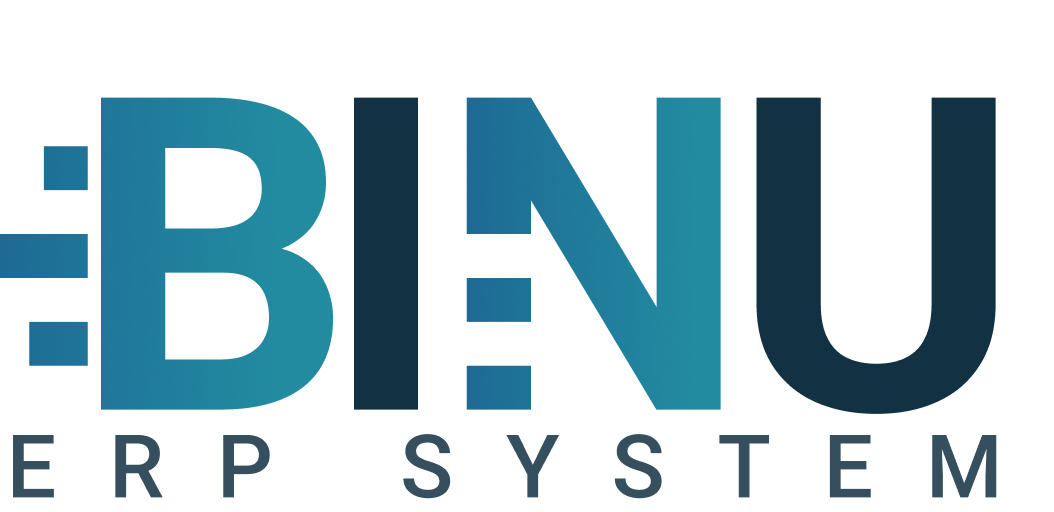Table of Contents
- Introduction to Cloud based ERP Systems for Small Manufacturers
- What is a Cloud-based ERP System for Small Manufacturers?
- Comparison of Cloud-based ERP vs. On-premise ERP Systems
- Benefits of Cloud-based ERP for Small Manufacturing Manufacturers
- Top 5 Features of Manufacturing ERP Software for Small Manufacturers
- The Future of ERP Systems in Small Manufacturing Companies
- Conclusion of article
- FAQs
1. Introduction to Cloud based ERP Systems for Small Manufacturers
Cloud-Based ERP Systems are revolutionizing how small manufacturers address their unique challenges. From managing inventory, production schedules, and customer orders to tracking finances, these systems ensure every process runs efficiently to stay competitive.
But what exactly is an ERP system, and how can it benefit a small manufacturing business? This article explores ERP systems in general, the advantages of cloud-based ERP solutions, and the critical features manufacturers should look for in modern software.
2. What is a Cloud-based ERP System for Small Manufacturers?
An ERP (Enterprise Resource Planning) system is a software platform that integrates core business processes such as production, inventory, accounting, procurement, and human resources into a unified solution. A cloud-based ERP system, hosted on remote servers, offers all the benefits of ERP with added flexibility and accessibility.
For small manufacturers, cloud-based ERP systems eliminate the need for expensive IT infrastructure, making them cost-effective and scalable. Accessing data from anywhere with an internet connection ensures operations remain seamless, even with remote teams or multiple sites.
3. Comparison of Cloud-based ERP vs. On-premise ERP Systems
Many small manufacturers wonder whether they should choose a cloud-based ERP or stick with an on-premise system. Here’s a comparison of both:
| Feature | Cloud-based ERP | On-premise ERP |
|---|---|---|
| Cost | Subscription-based, low upfront | High upfront costs for hardware |
| Accessibility | Anywhere, anytime access | Limited to local network |
| Scalability | Easily scalable | Challenging and costly to scale |
| Implementation Time | Faster deployment | Longer setup time |
| Maintenance | Vendor-managed | In-house IT support required |
| Security | Vendor-provided, frequent updates | In-house responsibility |
For small manufacturers, the cost savings, flexibility, and scalability of cloud-based ERP systems often make them the superior choice.
4. Benefits of Cloud-based ERP for Small Manufacturers
Cloud-based ERP systems offer numerous advantages over traditional on-premise solutions. Here are some of the top benefits for small manufacturing businesses:
- Cost-Effectiveness: Cloud-based ERP systems operate on a subscription model, avoiding hefty upfront costs for servers and IT staff. This affordability makes ERP software accessible for companies with limited budgets.
- Scalability: As your small manufacturing business grows, cloud-based ERP systems adapt effortlessly. New features and users can be added without major costs or disruptions.
- Real-Time Data and Analytics: Real-time access to data empowers manufacturers to make faster, more informed decisions. Whether monitoring inventory levels or tracking production schedules, real-time insights enhance operational efficiency.
- Flexibility in Integration: Many cloud-based ERP systems integrate seamlessly with other tools like CRM and payroll software, streamlining all aspects of business operations.
- Improved Accessibility: Cloud-based ERP systems can be accessed from any device, anywhere. This feature is especially beneficial for manufacturers managing multiple sites or remote operations.
5. Top 5 Features of Manufacturing ERP Software for Small Manufacturers
When selecting an ERP system, small manufacturers should prioritize features that cater to their unique needs. Essential capabilities include:
- Inventory Management: Track raw materials, finished goods, and work-in-progress inventory in real time. For example, Binu ERP provides real-time inventory tracking, ensuring optimal stock levels and reducing both stockouts and overstocking.
- Production Planning: Schedule and manage production tasks efficiently. With tools like Gantt-style planning in Binu ERP, manufacturers can visualize and adjust schedules seamlessly.
- Order Management: Handle customer orders from receipt to delivery. Binu ERP centralizes order workflows to streamline fulfillment and improve customer satisfaction.
- Financial Management: Manage accounts payable, receivable, and reporting in a unified platform, a key feature of Binu ERP for keeping finances organized and transparent.
- Supply Chain Management: Monitor vendors, materials, and goods throughout the supply chain. Binu ERP integrates supply chain data to improve vendor relationships and reduce delays.
Solutions like Binu ERP incorporate these features, offering tailored tools designed specifically for small manufacturers.
6. The Future of ERP Systems in Small Manufacturing Companies
The role of ERP systems in small manufacturing continues to evolve, with advancements like artificial intelligence (AI), predictive analytics, and IoT integration shaping the industry. Cloud-based ERP solutions are poised to integrate these features, enabling manufacturers to:
- Automate repetitive tasks, freeing up resources for strategic initiatives.
- Monitor equipment performance with predictive maintenance tools.
- Gain deeper insights into production trends through real-time analytics.
For small manufacturers looking to stay competitive, adopting a flexible, cloud-based ERP system like Binu ERP ensures they remain at the forefront of innovation while meeting their operational needs. Read more here.
7. Conclusion of article
In today’s fast-paced manufacturing environment, having an efficient system in place to manage every aspect of your business is essential. Cloud-based ERP systems for small manufacturers provide a flexible, scalable, and cost-effective solution for businesses looking to streamline their operations and drive growth.
If you’re interested in learning more about ERP systems for small manufacturing, check out some helpful resources on Binu’s article site.
8. FAQs
- What is an ERP system? An ERP system centralizes core business functions like production, inventory, and accounting into a single platform.
- What makes cloud-based ERP systems cost-effective? They operate on a subscription model, eliminating the need for costly hardware and IT infrastructure.
- How do cloud-based ERP systems improve efficiency? By providing real-time data, automating workflows, and enabling seamless collaboration.
- Are ERP systems secure? Yes, most cloud-based ERP providers employ advanced encryption and regular updates to ensure security.
- How can ERP systems help small manufacturers grow? ERP systems streamline operations, reduce costs, and provide actionable insights, enabling businesses to scale efficiently.
- What industries benefit from ERP systems? Small manufacturers in sectors like electronics, automotive, and food production see significant benefits.
- Can ERP systems integrate with existing software? Yes, many ERP systems offer integration with CRM, payroll, and other tools.
- What is the implementation time for ERP systems? Cloud-based ERP solutions typically take weeks to implement, compared to months for on-premise systems.
- What is the difference between cloud-based and on-premise ERP? Cloud-based ERP is hosted on remote servers, accessible online, while on-premise ERP requires local infrastructure.
- How can I learn more about Binu ERP? Visit Binu’s website for details and a free trial.

